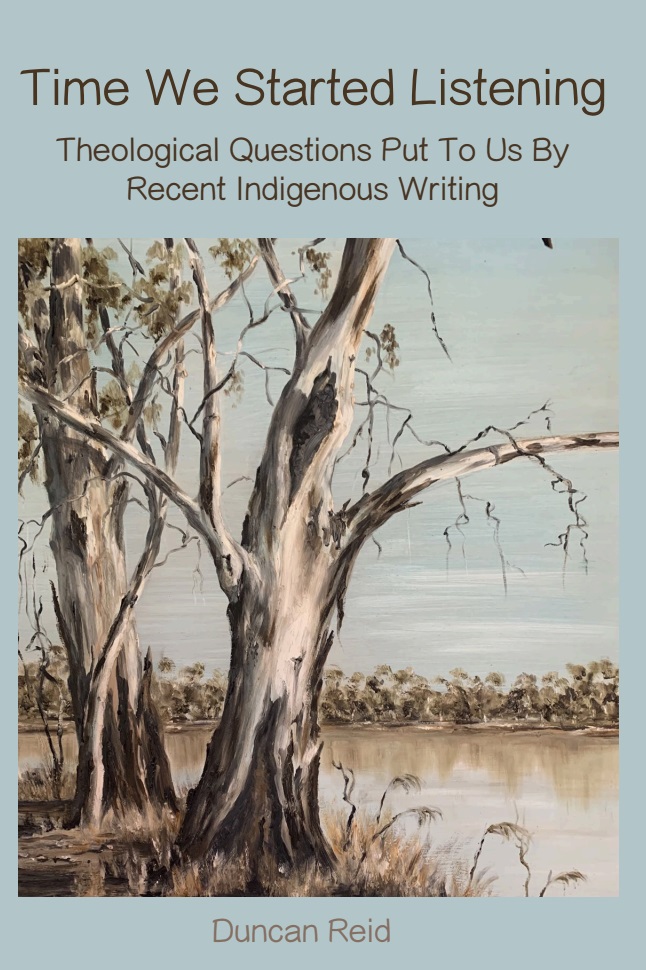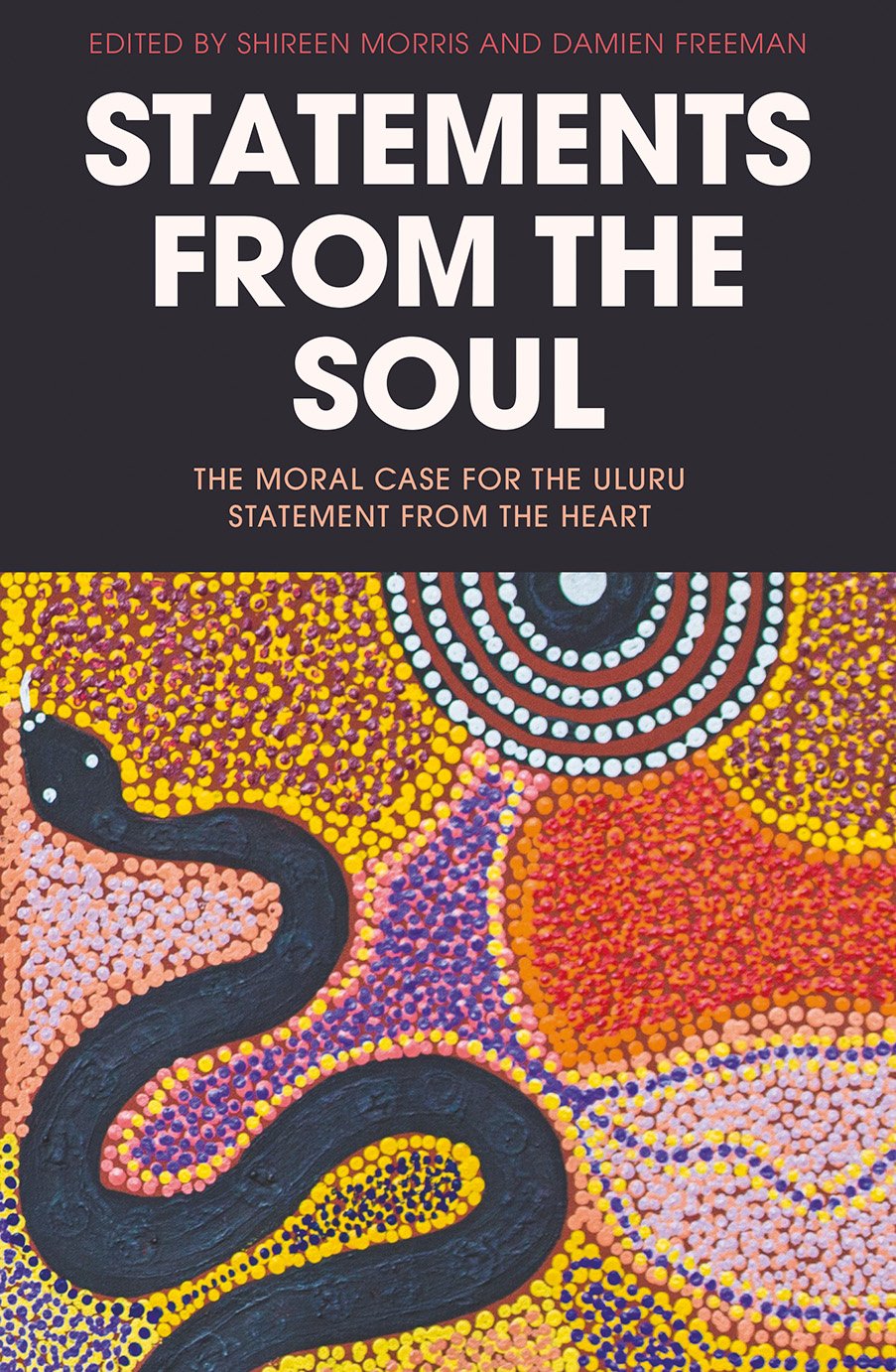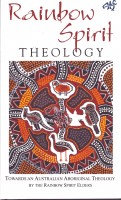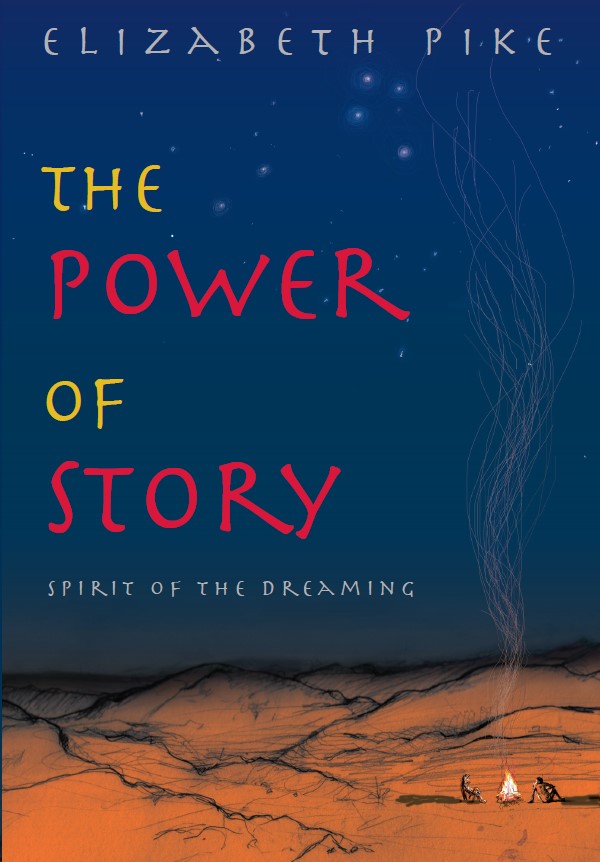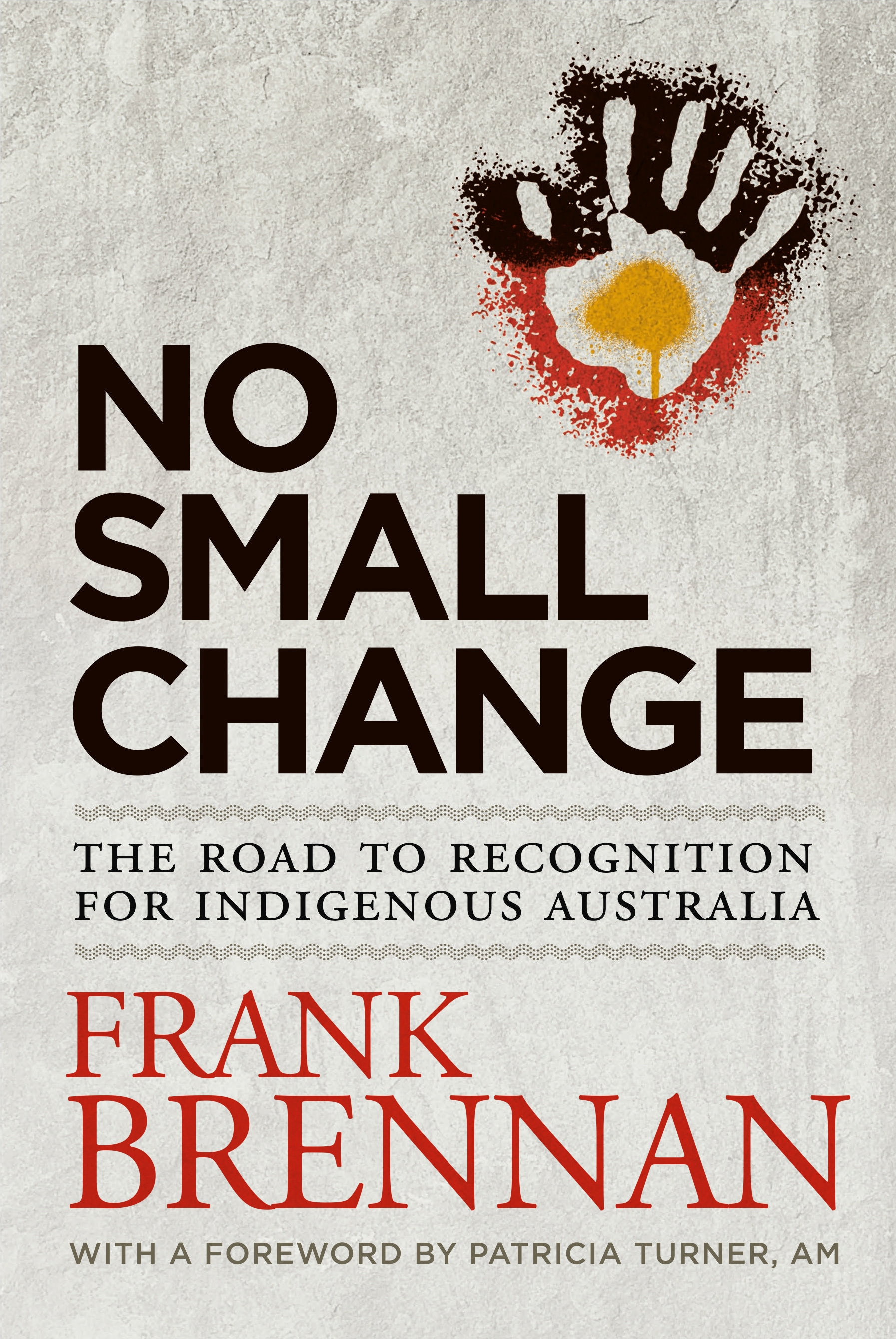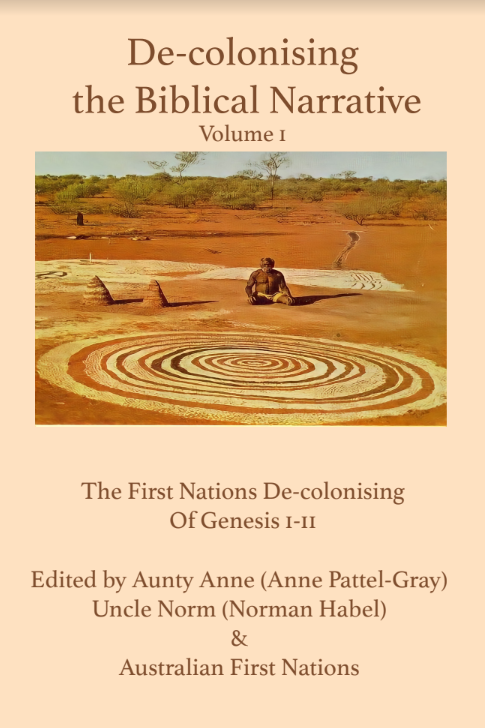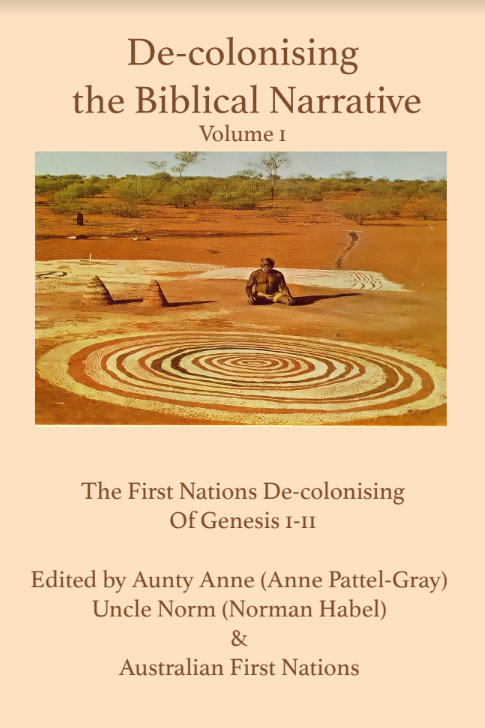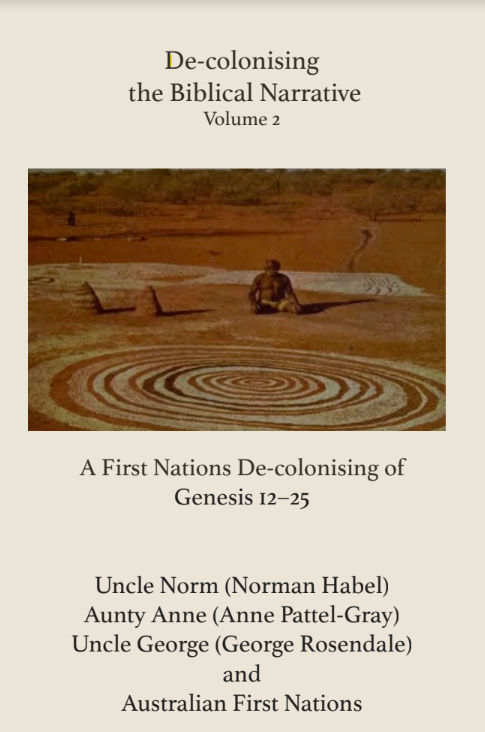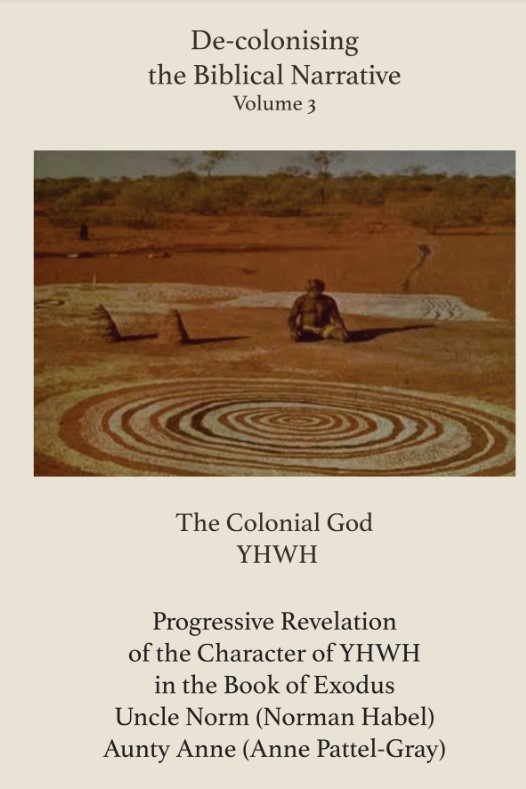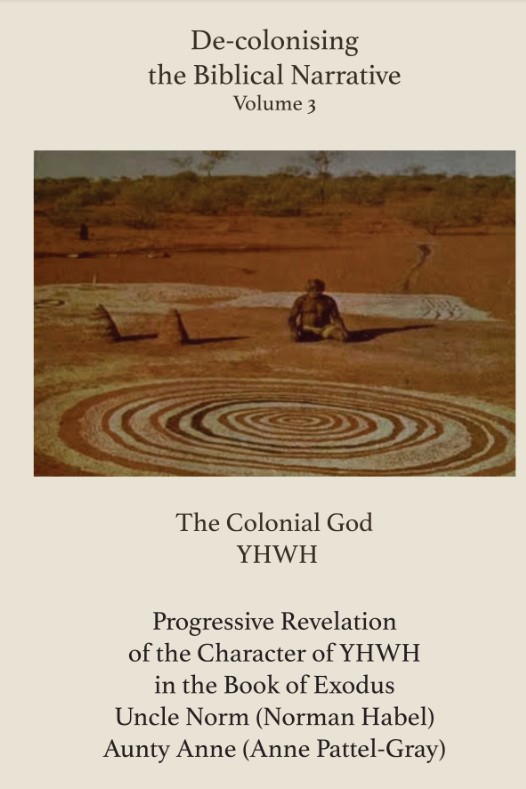De-colonising the Biblical Narrative, Volume Two is dedicated to the First Nations Australia in anticipation of establishing a Treaty that ensures their voice is heard within the constitution of the Australian government and acknowledging publicly the intrinsic value of their culture, especially their spiritual bond with the Land on which they have been custodians for thousands of years.
The precolonial treat and culture reflected in Genesis 12-25 establishes a biblical precedent for First Nations Australia to embrace and celebrate. Anyone reading the Abraham narratives of Genesis 12–25 who dares to identify with the worldview of First nations Australia—interpreters, First Nations Australia leaders, empathetic readers with de-colonised minds— will expect and discern three colonial factors influencing previous readings and interpretations of the narrative: language, interpreters, and narrators.
A de-colonising hermeneutic is not only to become aware of past colonial translations of the narrative, but also to focus on the specific colonial dimensions of the narrative itself—reflected in the language, the idioms, the content or the theology of the narrative. The goal: to use this process of deep listening to discern and ‘untangle’ the precolonial narrative.
Anne Pattel-Gray is a First Nations scholar who has been a fervent advocate of First Nations’ rights, issues, culture and spirituality. Her works include, Through Aboriginal Eyes and Aboriginal Spirituality, Past, Present and Future. Her acute consciousness of the influence of colonialism has moved her to re-interpret the Biblical narrative. Norman Habel is Hebrew scholar who has long been involved in Biblical interpretation being editor of The Earth Bible Series. He has also become colonial conscious having listened to the Rainbow Spirit Elders and a range of First Nations leaders including Anne Pattel-Gray. A recent volume that reflects his colonial awareness is Acknowledgement of the Land and Faith of Aboriginal Custodians after Following the Abraham Trail.

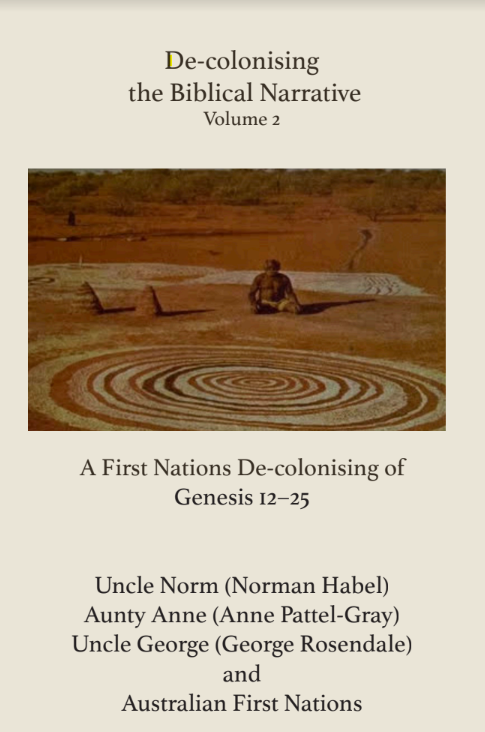
 Back
Back
